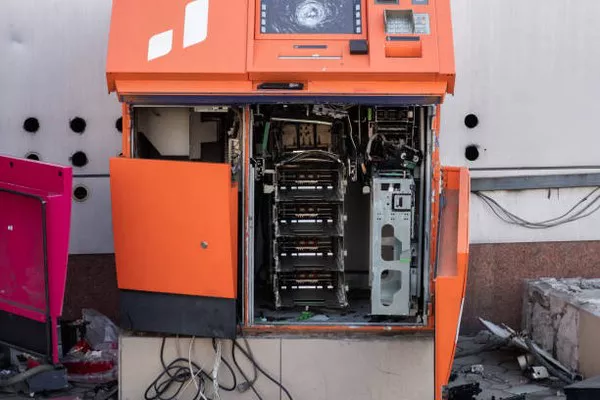Generators play a crucial role in providing reliable power in various settings, from emergency backup systems to remote construction sites. Among the different types of generators available, gas-powered generators have gained significant attention for their efficiency, versatility, and environmental considerations. In this article, we will explore the intricacies of gas-powered generators, examining their functionality, advantages, and the evolving landscape of this technology.
Understanding Gas-Powered Generators
Gas-powered generators, also known as gas generators or gensets, utilize internal combustion engines that run on natural gas, propane, or other gaseous fuels to produce electricity. The basic principle behind these generators involves converting chemical energy from the fuel into mechanical energy, which is then transformed into electrical energy. This process is governed by the laws of thermodynamics, ensuring an efficient and reliable power generation mechanism.
Types of Gas-Fueled Generators
Natural Gas Generators:
Natural gas is a clean-burning fossil fuel composed mainly of methane. Natural gas generators are popular for their environmental friendliness, as they emit fewer pollutants compared to traditional diesel or gasoline generators. They are commonly used in residential, commercial, and industrial applications.
Propane Generators
Propane, a liquefied petroleum gas (LPG), is another popular fuel for generators. Propane generators are known for their portability, ease of storage, and lower emissions. These generators are often employed in recreational settings, such as camping trips or outdoor events, as well as for backup power in homes and businesses.
Advantages of Gas-Powered Generators
Cleaner Emissions:
One of the primary advantages of gas-powered generators is their environmentally friendly nature. Compared to diesel or gasoline generators, gas generators emit lower levels of pollutants, contributing to improved air quality and reduced environmental impact.
Cost-Efficiency:
Gas fuels, particularly natural gas and propane, are often more cost-effective compared to traditional liquid fuels. The abundance of natural gas resources in many regions makes it an economically viable choice for power generation.
Lower Maintenance Requirements:
Gas-powered generators generally have lower maintenance requirements compared to their diesel or gasoline counterparts. The combustion process in gas engines is cleaner, resulting in reduced wear and tear on components such as pistons and cylinders.
Continuous Fuel Supply:
Gas pipelines and propane tanks provide a continuous and reliable fuel supply for gas-powered generators. This ensures uninterrupted power during extended outages, making them a preferred choice for critical applications like hospitals, data centers, and emergency response facilities.
The Evolution of Gas-Powered Generators
As technology continues to advance, gas-powered generators have undergone significant improvements, enhancing their efficiency, reliability, and adaptability. Some key developments in the evolution of gas generators include:
Advanced Engine Designs:
Modern gas generators feature advanced engine designs that optimize fuel combustion, improve efficiency, and reduce emissions. High-pressure direct injection systems, electronic controls, and variable-speed engines contribute to enhanced overall performance.
Combined Heat and Power (CHP) Systems:
Gas-powered generators are increasingly integrated into combined heat and power systems, also known as cogeneration. These systems not only generate electricity but also capture and utilize waste heat for heating or cooling purposes, significantly increasing overall energy efficiency.
Microgrid Integration:
Gas generators are becoming integral components of microgrid systems, providing decentralized power solutions. Microgrids enhance energy resilience by allowing communities or facilities to generate and manage their power locally, reducing dependence on centralized grid infrastructure.
Smart Monitoring and Control:
The integration of smart technologies in gas-powered generators enables remote monitoring, predictive maintenance, and real-time adjustments for optimal performance. These features enhance reliability and reduce downtime by identifying potential issues before they become critical.
See Also:How Much Standby Generator Do I Need
Conclusion
Gas-powered generators continue to be at the forefront of reliable and efficient power generation. Their cleaner emissions, cost-efficiency, and technological advancements position them as essential components in various applications, from residential backup power to industrial and commercial settings. As the world transitions towards more sustainable energy solutions, gas-powered generators play a vital role in meeting power demands while minimizing environmental impact. The ongoing evolution of these generators ensures that they remain a versatile and indispensable tool in our quest for a resilient and sustainable energy future.

